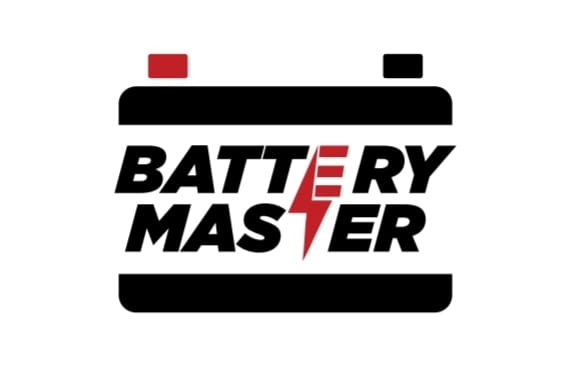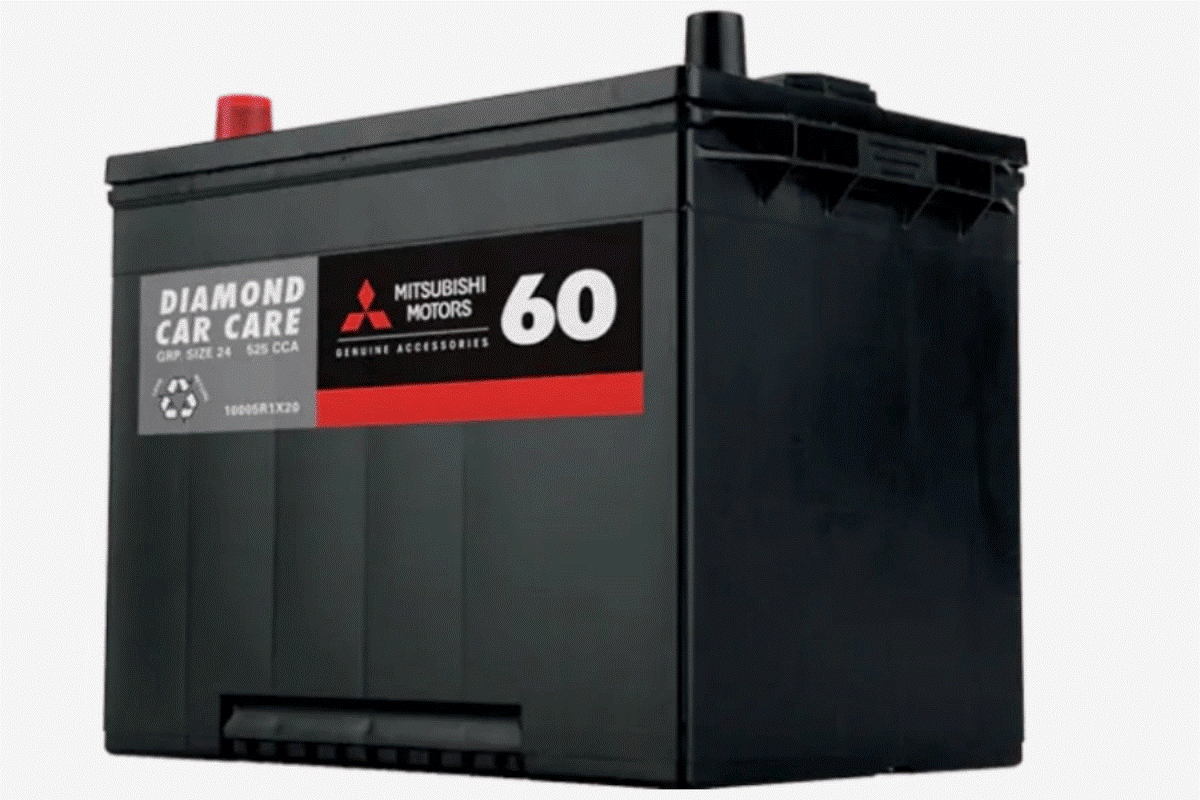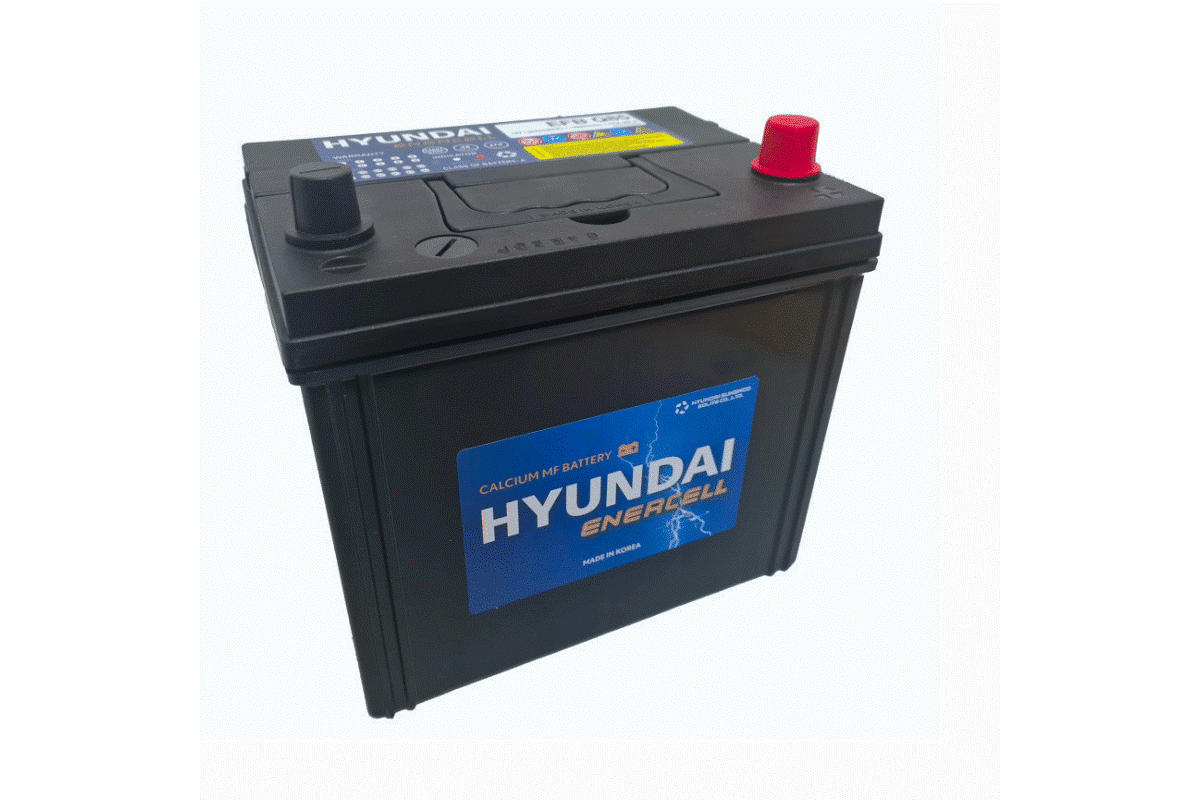The vehicle battery is a silent hero in automotive technology, providing the electrical energy required to start the engine and operate numerous electrical components. While they play a crucial function, automobile batteries have a finite lifespan. Motorists are left stuck and irritated when they deteriorate and die. Drivers can take preventative actions when they have… Continue reading The Science Behind Why Car Batteries Die And How To Prevent It
Category: Battery brands
Driving with Confidence: The Importance of a Reliable Mitsubishi Car Battery
The hidden hero of an automobile is a reliable vehicle battery, which is essential to its seamless operation. A stable battery is the electrical device’s heart, ensuring a quick start, powering critical components, and assisting different electronic operations. Besides mitigating inconvenient breaks, a Mitsubishi car battery in the UAE also prolongs the vehicle’s lifespan and… Continue reading Driving with Confidence: The Importance of a Reliable Mitsubishi Car Battery
How to Extend the Life of Your Hyundai Car Battery: Tips and Tricks
The energy required to start the engine and operate accessories like the air conditioning, radio, and lights comes from the car battery, which is an essential part of the electrical system. Lead plates and sulfuric acid combine chemically to produce electrical energy, which is how most rechargeable automobile batteries work. Routine maintenance is necessary to… Continue reading How to Extend the Life of Your Hyundai Car Battery: Tips and Tricks





